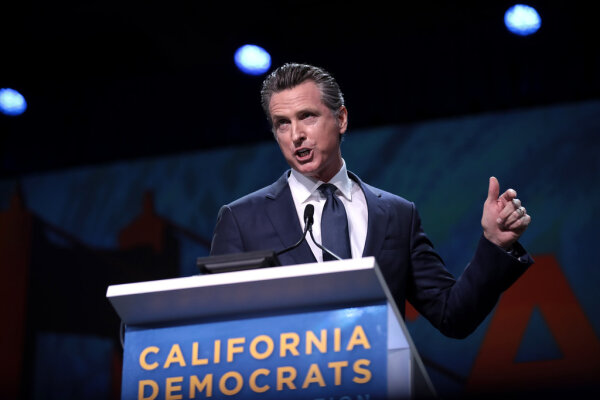California passes law to protect employees from being fired for legal marijuana use

09/23/2022
California Gov. Gavin Newsom has remained strangely silent after the state legislature passed a bill earlier this month protecting employees who use marijuana outside of work. The bill, passed by both chambers, would prohibit employers from penalizing or firing employees for off-hours cannabis use. While proponents for the bill believe that Newsom will sign it because of his support for legalization in the state, the Golden State’s governor has yet to publicly comment on the measure.
If signed by Newsom before next Saturday, October 1st, the bill will go into effect in January 2024. Newsom has been a public advocate for decriminalizing and legalizing marijuana in the state and has also served as a voice for employee protection during his tenure. People close to the governor believe that he will sign the bill without hesitation.
There are some caveats to the proposed protections, however. For starters, being under the influence of cannabis while on the clock will remain a fireable offense under the new law. There are a number of employees in the state who will not be protected by the new law, including building and construction workers, federal contractors, federal funding recipients, and federal licensees who are required to maintain a drug-free work environment.
Drug testing won’t disappear under California’s proposed law, but employees who test positive for THC that have shown no signs of intoxication while on the job will be protected from repercussions if the bill is signed into law. Experts still recommend employers conduct pre-employment drug screenings and test for substances when necessary.
Across the country, marijuana is growing in popularity, and lawmakers are doing everything in their power to update what’s currently on the books. California is not the first state to legislate employment protections regarding marijuana into law, and other states will likely follow suit once the federal government eases its restrictions. That, however, could be years from now.







